Mind Hacks
Read on for insights that can transform your life.
HOME / blogs

Hypnosis for Addiction: Is it Effective and Worth it?
Hypnosis for Addiction: Is it Effective and Worth it?

Hypnosis is a condition involving human-focused attention, an enhanced capacity to respond to any suggestion and reduce peripheral or the environment’s awareness. Hypnotherapy is a therapy method using hypnosis to bring clients into a state of relaxation and concentration at one with the state of heightened awareness induced by suggestion, which helps to treat addiction and other psychological difficulties. A trained therapist conducts this to a client who understands and consents to the entire process to treat a particular problem or difficulty. Where addiction is concerned, hypnosis is used to relax the client and help them ease their restless mind and move towards the non-critical, non-logical, subconscious mind and the suggestion will be acted upon, bring out a more positive outlook position.
What Hypnosis Feel Like?
Once you are in the hypnotic trance, you will be naturally open to suggestions, and the hypnotist can have access to your internal resources – such as ideas or words you won’t be able to utter if you are conscious. The change in consciousness that occurs under hypnosis is more than just a feeling. Furthermore, it is measured by the EEG readings of the brain. While being in the trance state, the person becomes less aware of their surroundings, what’s going on as of the moment, and focusing deeply on their deeper feelings or experience. These inner experiences are their thoughts, memories, imagination, and sensation.
There are three vital aspects while being in the hypnotic trance: absorption, dissociation, and suggestibility.
Absorption – this is the aspect of being in the deeper side of one’s mental focus. The person under hypnotic trance becomes absorbed mentally involved in what they are internally involved, such as imagining or thinking about something. This is being concentrated deeply, just like when someone is immersed in reading a book or watching a movie.
Dissociation – this is a psychological experience in which people feel the disconnection from their sense of self, personal history, and sensory experience. It is usually called as “out of the body” moment or experience. This can also be a result due to psychoactive drugs. The feeling of dissociation is the intense feeling of unreality or suddenly being lost on what they are doing, where they are, etc. This can be inconvenient and distressing if it occurs suddenly while being engaged in day to day activities.
Suggestibility – this is the aspect of being naturally open to suggestions or things. While being in the hypnotic trance, a person could possibly be open to answer questions or say something that could be hard for them to speak up when conscious.
How Hypnosis Helps With Addiction and Its Effectiveness
While a person is under a hypnotic trance or being hypnotized, he or she is more open to a suggestion, typically made by a hypnotherapist or hypnotist. Under hypnosis, they are better compliant and can access their fantasies, imagination, and even regaining lost memories, although the memories are not always reliable. And while being in this state, they will have a chance to change their perspective on things and have an opportunity to quit their addictive behavior – which is truly desirable and helpful. Although everyone responds differently to hypnosis or hypnotherapy, a lot of feedback has been given that those persons who have tried it were able to break-free into long-term behavior difficulties.
Some studies have shown that hypnosis can help people with addiction as it allows people through the power of suggestion and strengthen the person’s behavior to overcome addictive urges. While being in the hypnotic state, it is possible to change or rewire their neuropsychological patterns and conditioning.
When hypnosis is combined with other traditional treatments, the success rate is higher and more encouraging. Here are the benefits of considering hypnosis:
Help ease or control addiction urges
Helps the client use internal resources, including breaking down barriers that could make a massive difference in their life.
Safe, effective, non-invasive, and non-addictive.
A powerful tool that could make a significant and long-lasting change in someone’s life.
Comfortable and pain-free treatment.
Although hypnosis is not a magical fix that could make a considerable difference after one-time therapy, this is a great help to go back into a much better and normal life. In my experience clients start seeing the result after 3 - 4 sessions. Results are fathomable and can be seen right away once the client is willing to make a difference.
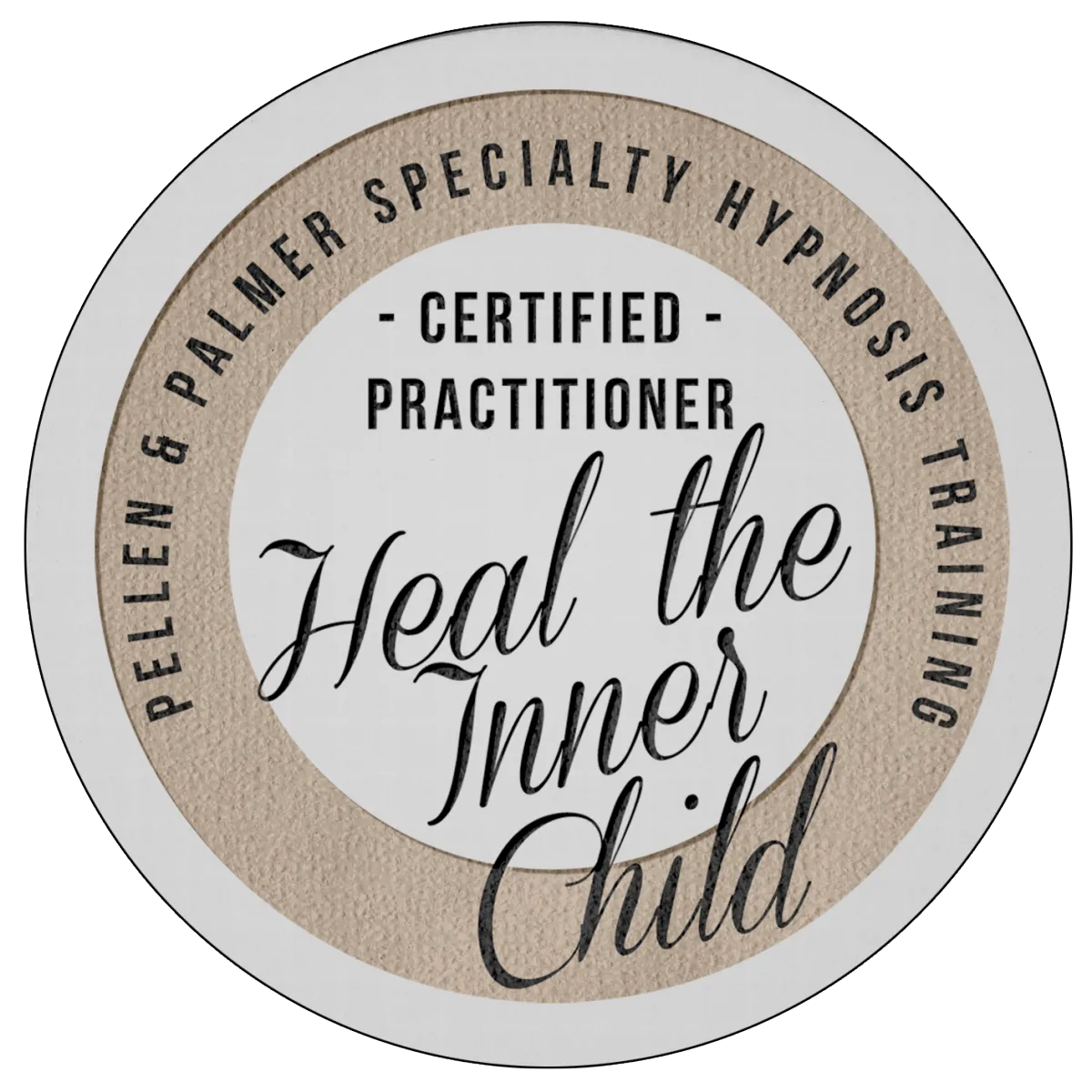
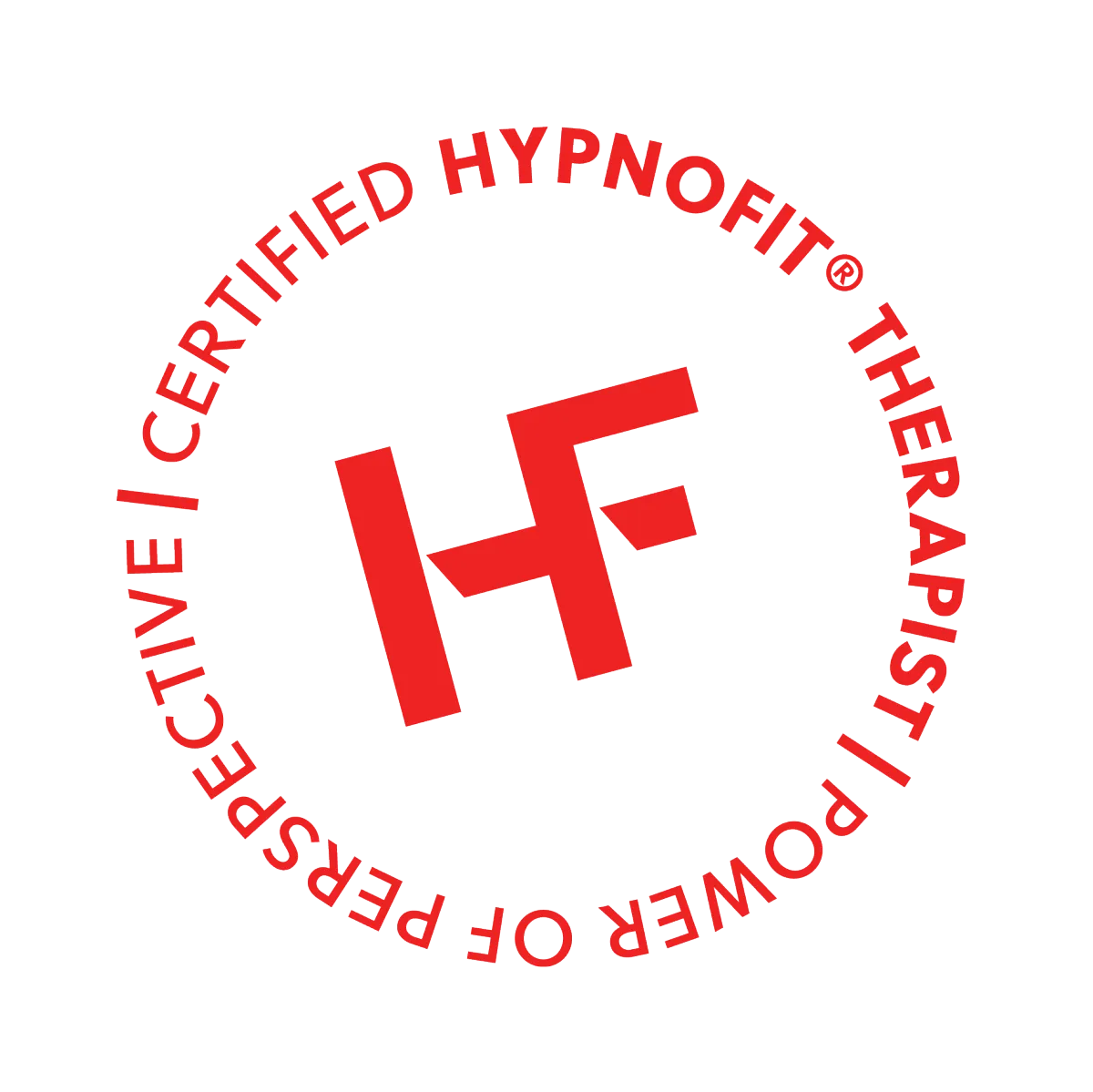
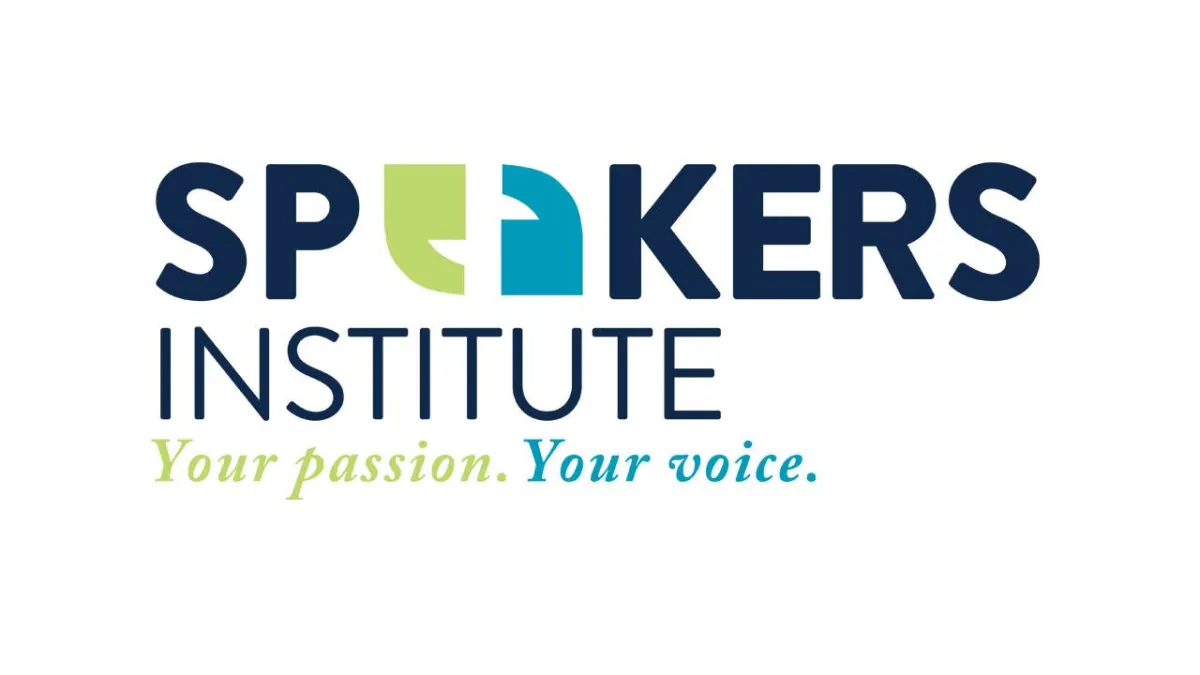
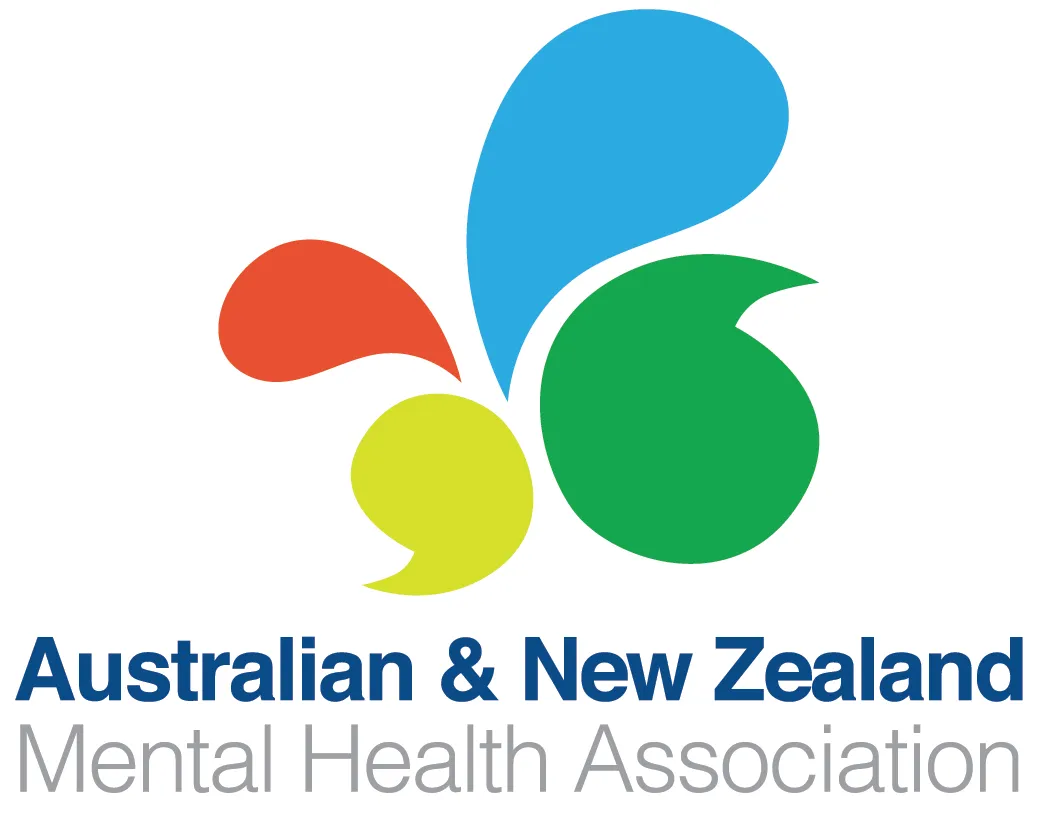
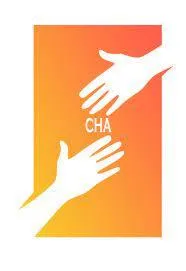
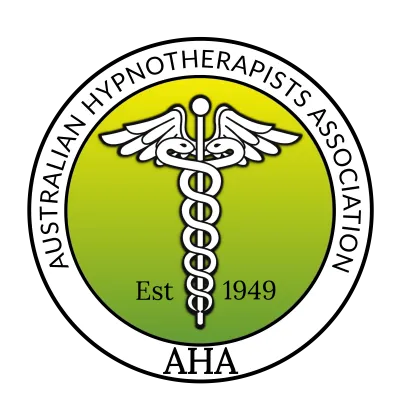






TRI-SCENIC CLINICAL HYPNOTHERAPHY
© 2026 All Rights Reserved. | Privacy Policy | Terms & Conditions
Regina Terrace, Doncaster East Victoria 3109


